Finding the right software development company in 2025 is a strategic decision with long-term impact. The industry demands speed, precision, and specialized knowledge. Quick comparisons and basic vetting are no longer enough. We need partners who deliver real results and understand how software supports business growth.
Sector Knowledge Accelerates Development
Teams with deep industry knowledge work faster and make fewer errors. Every sector, like healthcare, logistics, and finance, has its own needs, workflows, and compliance rules. Teams without this context waste time on simple questions. They also repeat problems that others have already solved. Sector-specific expertise is key. It speeds up development and boosts efficiency.
Companies with deep sector experience bring clarity from day one. They understand important workflows. They anticipate integration needs. They build systems that meet user expectations and follow regulations. Projects stay on track, and software goes live with fewer surprises.
Forbes points out in its red flag guide that ignoring industry expertise can lead to misalignment and expensive rework
Real Custom Software, Not Templates
Standard platforms rarely fit the way businesses operate. Custom software solves specific problems, supports unique processes, and creates measurable outcomes. It's built to reflect how a company works, not the other way around.
Decision-makers seek firms known for creating customized solutions that perform well under pressure. Case studies and metrics are essential. They want to see proof of how these systems made things more efficient, cut costs, or helped grow. Solid engineering and clear architecture are the baseline. Effective firms go further by focusing on how software actually performs in the real world.
Agile Development That Means True Collaboration
Agile development isn't about tools or rituals. It's about how people collaborate to develop and refine software in environments that evolve rapidly. We expect visibility, access, and feedback loops that guide decisions from the first prototype to production.
Strong teams share updates without prompting, ask for input early, and act on it. Communication occurs often and uses clear terms. Priorities change, and agile teams adapt. That's how complex projects move forward with confidence and speed.
Practical, Maintainable Engineering
Not every project necessitates the use of the newest framework. Teams often choose trendy tools. These tools can make systems fragile, add complexity, or increase maintenance costs. This is why forward-looking companies value engineering that prioritizes stability, security, and longevity. Focusing on maintainable engineering helps decision-makers feel confident. They can trust that the designers created their software to last.
They like teams that pick technologies for how well they work, not because they’re trendy. Mature frameworks, clean architecture, and well-documented systems lead to software that endures. This approach boosts uptime, lowers costs, and helps avoid extra technical debt.
Harvard Business Review says it’s smarter to match tech investments with long-term goals. Chasing short-term trends isn’t as effective. This mindset supports both performance and sustainability.
Flexible Team Structures That Match the Work
Different projects need different types of support. One may need a full cross-functional team. Another might need two developers and a QA lead. The right firm offers flexibility without friction.
Firms that offer dedicated teams, project-based delivery, or staff augmentation give us options. They help us scale fast or downshift without losing momentum. Adaptability is key in competitive markets. Priorities change fast, so resources need to match business goals.
The Right Culture Makes the Work Easier
Technical ability matters. But day-to-day collaboration depends on culture. When teams grasp our pace, values, and expectations, work flows better. This leads to improved outcomes.
We want teams that listen closely, ask smart questions, and communicate clearly. Teams that take initiative and ownership succeed. They view projects as a shared responsibility. Also, they focus on building long-term relationships. That kind of mindset fosters trust, which in turn leads to better software.
Software Development Is a Business Decision
Choosing a software partner is not just a technical choice. It's a smart choice for our business. It influences our speed, our competition, and how well we serve customers. The right company doesn't just code. It helps solve real problems with stable, scalable systems, thereby driving business success.
Choose a software development partner who understands the context. Look for firms that design with intention and create lasting software. Demand clear value propositions, strong communication, and flexible working arrangements. These factors distinguish firms that deliver from those that drive success.







